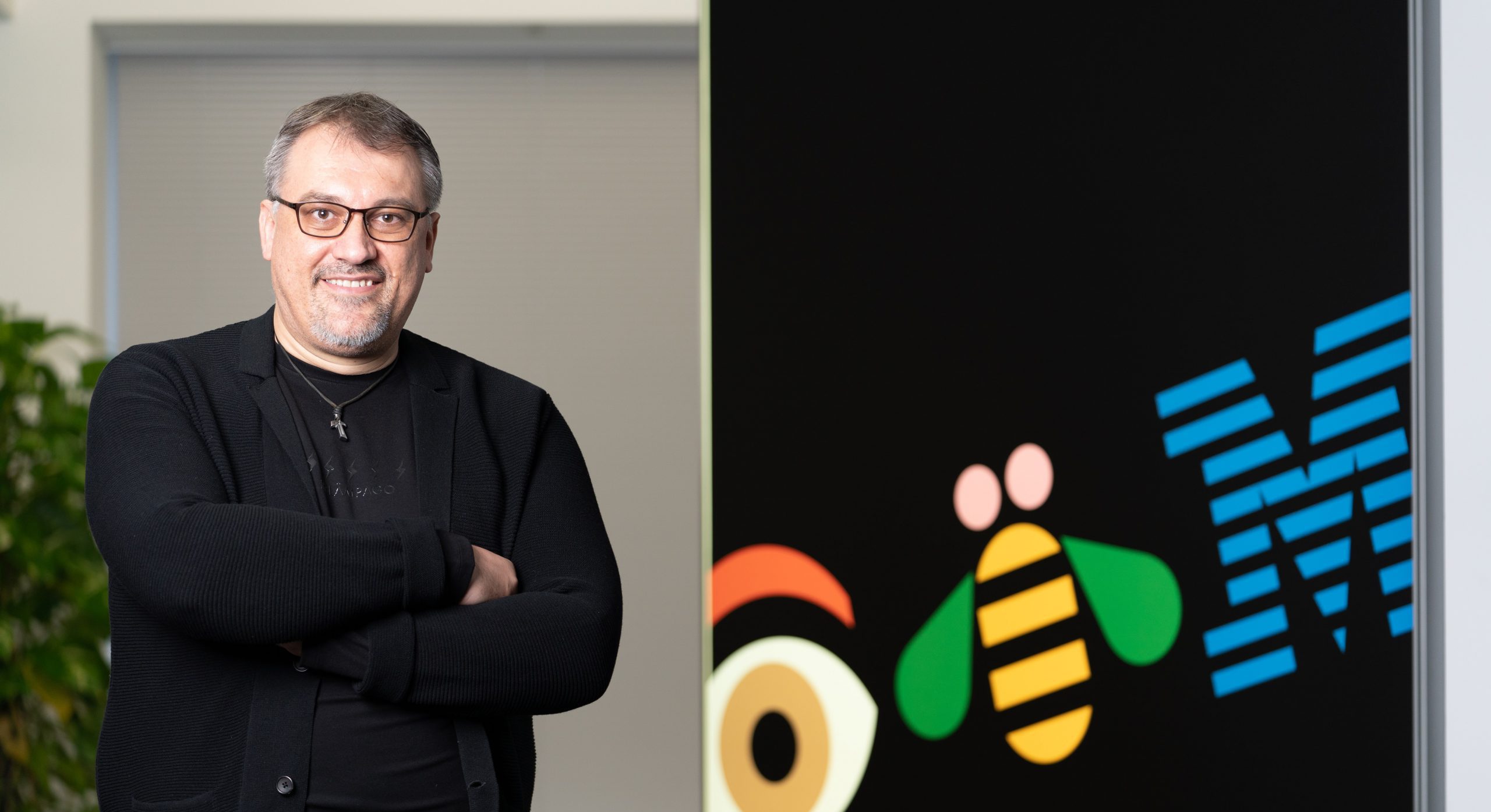Most people often associate networking with small talk, elevator pitches, and stacks of business cards and attend networking events or connections to gain something related to job leads, referrals, exposure, contacts, opportunities to grow their business. But the key to successful networking is getting to know people, having genuine conversations, providing value, and real networking occurs when there’s an understanding that everyone in the room has equal value. Although some people have a natural passion for it or understandably see it as inauthentic, you don’t need to be a professional to understand the actual value of networking. As networking is about listening, figuring out what others need, and connecting them with people you think can help without any designs for personal gain.
At the time when people around the world are working remotely, managing businesses virtually, on furlough, or taking care of their friends and family, there is even more of a need to be social, albeit from afar. In this interview led by The Nagaoka Review, Cristian Vlad, a seasoned veteran of business transformation, organizational development, and innovation initiatives, explains the importance of networking, what is the best way to grow the professional network, and why networking is essential to your success.
Why Networking Is Essential?
NR: To begin, can you give us a brief rundown of what networking is from your point of view?
CV: Networking in a great chance to extend your own sphere of access to knowledge, resources and co-creation opportunities. It is also a unique change to work with others to influence and bring about meaningful changes to the world. In many situations, nurturing healthy professional relationships builds confidence, improves the quality of work and increases satisfaction.
Moving into a new decade, the technology around us continues to evolve and is not waiting for us to catch up. Today we see less human interaction by the day and growing our personal and professional network is a key fundamental and necessary for a successful future. Not only does personal and professional networking allow you more job opportunities, but it can funnel into growing your business, access to talent, and wealth of knowledge. To strengthen and grow the personal and professional brand, select to interact with people from each of the levels and areas to reach out to connect or reconnect. You don’t need to ask anything specific, but instead, offer to do something helpful for the other person.

How to create a network map to build your personal and professional brand. Image via Marshallpr.com
NR: Why are networking skills necessary, especially for career development?
CV: Career opportunities lay not only on job-boards or with recruiting agencies. It is, of course, always great to learn about market opportunities for professionals. However, in business success is more frequently related to who you are working with, rather than where you are working at. Many business professionals find themselves in very well-paying jobs working for great brands and big-name organizations, but still feeling lonely or even sometimes miserable.
This is when many realize that it is not exactly the monetary difference in annual compensation that brings personal satisfaction ultimately; rather, it is something having to do more with the people that we work with and for. This is precisely why networking is so important in career development.

Image of bonus benefits of the network approach via Flisrand.com
”Being able to reach out to someone you know and trust within a specific team and have a friendly, off-the-record conversation to learn about the culture of that team, people chemistry, team organics or simply just about the industry – this simple connection confers relevant insights and leads to stronger bonding
Cristian VladTalent and Engagement Expert
How To Network?
NR: Networking means to think outside the box so, how to start networking?
CV: Naturally and organically. There is no need to be part of any big-name group of business professionals, world-famous intellectuals or industrial thought leaders. Being genuine, authentic and true to oneself, but also open-minded, respectful of others, flexible and collaborative is extremely important when trying to build an agile network based on mutual trust, admiration and willingness to collaborate. Needless to say, when people feel affinity with others, or whenever they feel intellectually stimulated and energized by someone, they will make a point to re-connect with that person on a regular basis, even if they live a world apart. People want to connect with others simply because they enjoy each other’s company. That may mean a lot of things to a lot of people. However, in our modern world great networking brings about not only better business, but stronger human bonding which outlives corporate life and belongs to the individuals who created it.

Make networking work for you. Image via Earnmydegree.com
NR: With your vast experience in business, consulting, marketing and academia, what is the best way to grow the professional network?
CV: To my mind, meeting people, reading books, travelling – simply exposing ourselves to new stimuli is a great way to ensure that we stay inspired and energized. However, even more importantly than searching for new sources of inspiration, making the best of our current resources, connections and on-going friendships is a definite must. Nurturing friendships is something that we frequently postpone, often without realizing that our souls and our intellectual curiosity need as much replenishing as our need for growth.
Trusted friends will always recommend other trusted friends. Being endorsed by someone you know, admire and respect and being introduced to a new friendship is frequently more powerful than having purely business-related connections. When people trust each other and genuinely wish to work with each other, they will find amazingly creative ways of crossing all organizational silos, cultural differences and industrial barriers.
”People will always want to work with people who they like, people who they truly enjoyed working in the past, people that they feel safe with and people that they know they can always learn from and rely on. Investing in developing trust-based relationships, to my mind, is one of the most sustainable ways of creating and nourishing a strong professional network
Cristian VladTalent and Engagement Expert
Network Your Way to Success
NR: One of the obvious benefits of networking is fast-tracking career growth and improving your communication skills, but how to network successfully?
CV: Focus on learning. This coming from a convinced introvert may sound utterly strange, but concentrating on the positive aspects of networking and making a point to learn from everyone – even those who we are less interested to be socially associated with – brings about plenty of rewards. To my mind, the ultimate purpose of networking does not need to be connected to career growth – rather, I see networking as a unique opportunity for personal growth. From my observation, people with a genuine growth mindset focus on learning and collaboration, rather than career fast-tracking. Great networking helps boost our knowledge, skills and market insights. This is all much more worthwhile in the long run as we all advance in our careers and we realize that we are not alone. Being able to reach out to an old colleague, a manager or a client either to catch up or ask for a referral (without doubting that you will get the best possible referral from that individual) is an indication that you are building a solid trust-based, long-lasting and successful network.
NR: And how to strengthen relationships inside the company when many people are still working remotely?
CV: Identify common interests, aspirations and concerns. Making a point to connect regularly, either on a chat function or a video platform, brings about reassurance, realignment and joy. We are more socially driven than many of us even acknowledge. A simple “how are things going?” or “would you have time for a virtual coffee chat this Saturday?” brings back the human into the relationship. I am amazed to see how extremely busy people always find time to connect and spend meaningful time together regularly, either working on new projects or simply catching up with each other, simply because they look forward to seeing each other again and they want to do things together. Instilling this “willingness to connect and collaborate” across the business is what smart talent operators and organizational architects are doing today. Modern emotional engineering practices are developed based on Emotional Intelligence (EQ) and Cultural Intelligence (CQ). This is all becoming more relevant than ever when teams work remotely and trust needs to be the common currency of human engagements.
NR: What is the best way to ask people in my network for help without making it sound like I need a favour?
CV: Be genuine about the ask. People love helping those who they trust. You will be surprised to see how far many people would go out of their way to help someone they trust, without even thinking that they are doing you a favour.
NR: What advice could you give to people who are looking for a job? How can they become more networking connect?
CV: Be true to your own self. Be respectful of others and start by trusting others as much as you want to be trusted in return.
About Cristian Vlad
 Holding a MA in International Relations from Hirosaki University and a dual BA in Communications and Foreign Language Education from the University of Bucharest, Cristian Vlad is Talent & Engagement Associate Partner, GBS, IBM Japan, and a Partner Faculty, GLOBIS University.
Holding a MA in International Relations from Hirosaki University and a dual BA in Communications and Foreign Language Education from the University of Bucharest, Cristian Vlad is Talent & Engagement Associate Partner, GBS, IBM Japan, and a Partner Faculty, GLOBIS University.
With experience in advising global clients on the role of diversity, human capital, creativity, organizational development, and corporate communications as strategic business drivers to foster innovation and stimulate business growth, he also is the Founder and CEO of Japan Creative Enterprise (JCE). In his role, he leads a team of passionate experts and lovers of Japanese culture who dedicate their time to help various organizations with their innovation process and develop innovative products, services, and solutions and better communicate with customers overseas.
Passionate about Talent and Organizational Transformation, Cristian continues lecturing on marketing and creativity-based and advising corporate clients on numerous organizational changes, corporate rebranding, and transformation projects.
The comments in this interview are based on my own opinions and they do not reflect the policies and standards of any of the organizations I represent.










